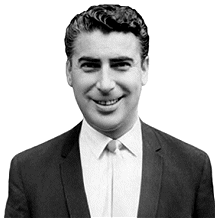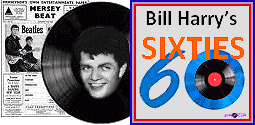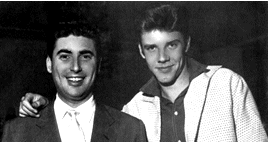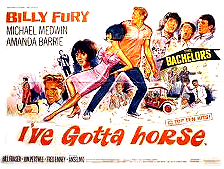| Larry
Parnes
by
Bill Harry A major show business entrepreneur and pioneer of the British package pop show. He was born Laurence Maurice Parnes in Willesden, London in 1930. He left school at 16 to work in retail and when he was 18 his parents funded him in a venture to open three shops specialising in women’s clothes in Romford. However, only one of the shops made any profit. He began his love of promoting theatrical productions by investing in a travelling play ‘The House of Shame’ in 1955, for which he didn’t lose money, but only received a profit of fifteen shillings. |
 |





